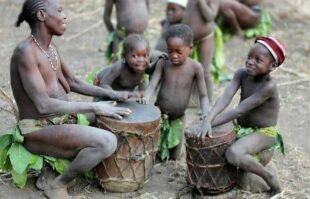Ondo State is one of the states located in the southwestern part of Nigeria. The history of the Ondo people can be traced to the late 15th century, when Oba Oluaso reigned in old Oyo before migrating to Epin, which was at the time close to Gbere, whose inhabitants are referred to as the Ibariba, until his death in 1497. However, It was created on February 3, 1976, from the former Western State.
Ondo State is bordered on the north by the states of Kwara and Kogi; on the east, Edo; on the southeast, Osun and Ogun; and on the west, the Bight of Benin of the Atlantic Ocean, and the Atlantic Ocean to the south.
Akure, the old seat of the ancient Akure Kingdom, serves as the state’s capital. Also, Ondo State has a mangrove-swamp forest close to the Benin Bights, and it is nicknamed the “Sunshine State.” Also, research reveals that the state is the 19th most populated state in Nigeria, as well as the 25th largest state by landmass.
In this piece, Naijabiography examines the history of the Ondo State, the cultural practice of the Ondo people, and their economy and political structure.
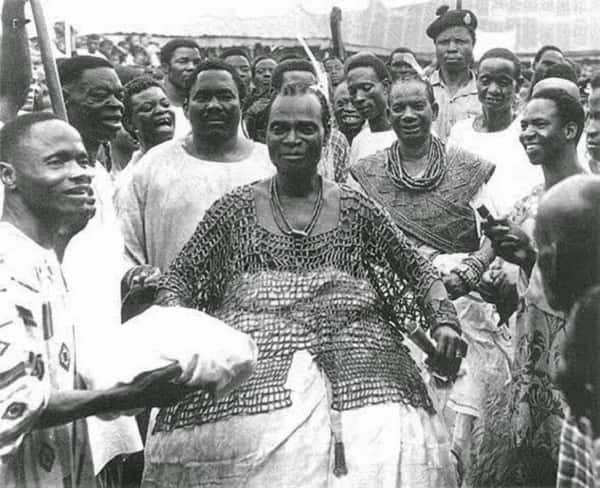
History
Although there are many stories about the origin of the Ondo people, the Ondo people are one of the largest Yoruba subgroups who believe that they are children of Oduduwa. However, research reveals that the most accepted version by the people of their origination is that which is linked to Oyo and Ife.
Meanwhile, one of Lamurudu’s sons, Oduduwa, was the ancestor of the Yoruba and is thought to have fled from Mecca, Saudi Arabia, as a result of some sectarian strife. Before he departed from Mecca, he was known as Olofin Adimula. This explains why the majority of Yoruba obas are still addressed by that name today.
The first Alaafin of Oyo and the father of Oluaso, who gave birth to Pupupu, the first supreme monarch of the Ondo Kingdom, was Oranmiyan, one of the sixteen sons of Oduduwa, who fled Ile-Ife, perhaps out of pure ambition or simple adventure.
One of the twins of Oba Oluaso, who is said to have ruled Oyo in the 15th century, was a girl named Pupupu. Thus, Orere was the name of the male twin. According to a historical source, twin births were seen as an abomination and a weird phenomenon called “esemawe” in those days. Traditionally, the twins and their mother were executed right away to stop the impending terrible omen that was thought to be associated with their presence. However, Olu, the mother of the children, was one of the king’s favourites, so she and the twins’ lives were spared.
They were nevertheless sent out of the palace with an Akoko tree to symbolize their nobility and an escort of slaves commanded by a hunter by the name of Ija. They were to treat them with respect and deference due to royalty. Once more, against Oyo’s multi-tribal mark custom, their father incised two lengthy tribal marks, one on each side of the cheek.
Oluaso inscribed those tribal marks on the twins so they would be recognisable whenever they were seen or if they returned home, indicating that he was aware that he would not see them for a while. This explains how the current tribal markings of Ondo came to be.
The troops then made their way through the bush till they came to Epin, a town close to Gbere, whose residents were known as Ibariba. They were welcomed and taken care of until Oba Oluaso’s death in 1497. When the succeeding monarch treated them unfairly, they turned around and headed back to Oyo, but Onigbogi, the ruling king, had to send them back to a barren territory surrounded by the communities of Ife, Ijesa, Ekiti, Ado (Benin), and Ijebu.
Later, they arrived in Igbo Ijamo (the forest discovered by Ija). It appears that the gang remained here for some time. They eventually decided that Igbo Ijamo was unsafe, so they moved on to the east until they arrived at a spot called Epe, not too far from the current Ondo town. They spent a long time in Epe, and as they continued their journey, they passed by a hill that is now known as Oke Agunla and is home to one of the towns that make up the modern Ondo Kingdom. They observed smoke from this hill and moved in that direction. They encountered Ekiri, one of the region’s indigenous residents, there.
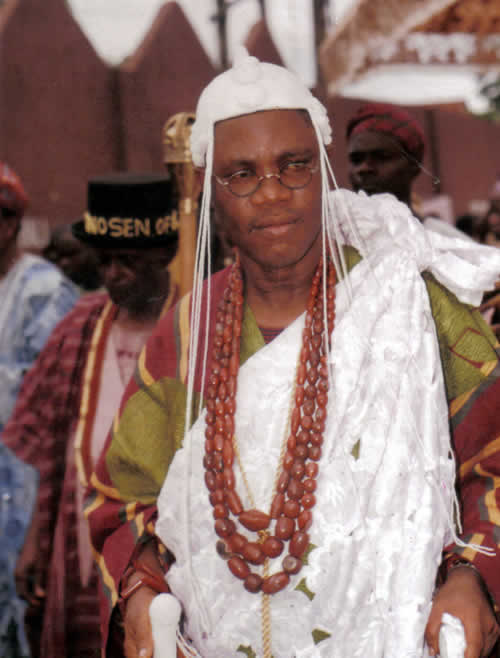
On the prospects of the recently discovered place, as was customary at the time, the Ifa oracle was consulted. The oracle advised them to bring a yam stake (Edo) with them to use as a walking staff. As they travelled, they were to stick the stick into the earth; if it made contact with the ground, they were to stop there.
The group departed Epe and travelled in accordance with the oracle’s directions up until the point where the yam spike did not pierce the ground. The group surprisedly chanted, “Edo du do” (the yam stake would not stick in). Oral tradition claims that the word “Ondo” is a contraction of the phrase “Edo du do.”
The Ifore, Idoko, and Oka people were waiting for the troops when they arrived at Ondo. The native population gladly granted the newcomers the right to dominate the region since they recognized their royalty. The native Ondo residents eventually absorbed the culture of the newcomers.
Meanwhile, the fact that the Idoko and Ifore settlers still uphold a sort of distinct political system that is comparable to that of the greater Ondo community nonetheless continues to serve as a point of reference. With time, the populace increased and established other villages such as lgbindo, lgbado, llu-nla, Odigbo, Ajue, Igunsin, etc.
The majority of the Ondo people still consider Epe, a tiny town located seven miles from Ondo on the Oke-Igbo road, to be their ancestral town (Orisun), from which they relocated to their current position. Up until this point, Epe has been the origin of numerous Ondo ceremonies and festivals. For several of the festivities, pilgrimages to Epe are occasionally made. According to historical accounts, Osemawe’s head was often buried in Epe while the rest of his body was interred in Ondo when he passed away.
A historical tale claims that Pupupu’s identical brother actually settled down in Ile-Oluji and became the community’s first traditional ruler. The fact that Ondo and Ile-Oluji are actually descended from siblings who shared a parent may also help to explain their tight relationship.
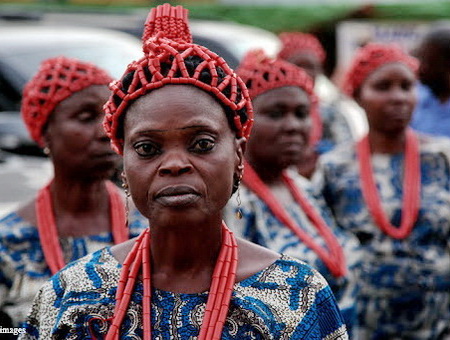
People and Culture
According to research, Ondo State is the 19th most populated state in Nigeria with an estimated population of over three million people, predominantly Yorubas. In other words, the Ondo State’s population is primarily made up of the Yoruba people’s Idanre, Akoko, Akure, Ikale, Ilaje, Ondo, and Owo subgroups.
However, the Ijaw people live in the southeasterly wetlands adjacent to the Edo state boundary, including the Apoi and Arogbo communities. In the Oke-Igbo settlement near the Osun state border, a small number of individuals speak a Yoruba dialect resembling the Ife dialect.
Furthermore, the majority of people are Christians. However, some minorities also follow traditional religions.
The Ondo people are also blessed with a rich culture that encompasses many different traditions, including festival celebrations, ritual marriages, performances of rites (as already mentioned), drumming and dancing, arts and crafts (like blacksmithing), clothing dyeing (known as “Aso Adire”), dressing, funerals, tribal marks, cultism, ancestral worship, and traditional sacrifices—all of which are part of their African Traditional Religion.
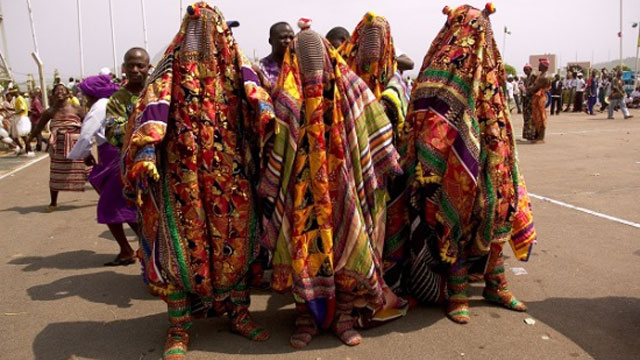
The Ogun festivals (god of iron), which are celebrated annually between the months of August and September, stand out among these celebrations. Olupona claims that 17 days prior to the actual Ogun day, at the appearance of the new moon, rituals are performed to welcome and appease the god of iron. One of these rituals involves the use of a “upe,” a long gourd trumpet that is blown early in the morning of the ceremony day in the home of Ayadi, the ritual expert of Ogun public worship.
As a mark of honour, eminent sons and daughters of the kingdom are drawn to Ondo for the celebration as well as for blessing and protection. Today, the festival has attracted the attention of the government, with government representatives attending the festivities, portending formal recognition of the rites and their importance to the economy and the broader social and political life of the state.
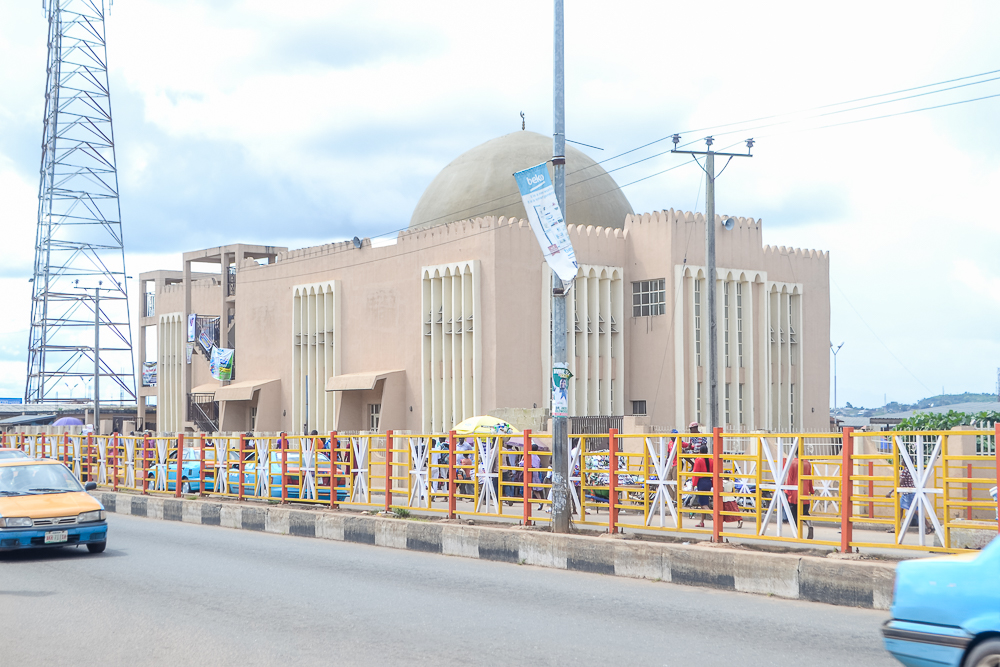
Economy
The mainstay of the economy of Ondo State is agriculture, which primarily produces cotton, tobacco, cacao, rubber, and timber (hardwoods like teak) in the south and east. Palm oil and kernels are also grown for export all across the state. Nigeria’s main cocoa-producing state is Ondo.
Furthermore, Nigeria’s main cocoa-producing state is Ondo. Rice, yams, corn (maize), coffee, taro, cassava (manioc), vegetables, and fruits are among more crops. Pottery production, textile weaving, tailoring, carpentry, and blacksmithing are examples of traditional industries. Kaolin, pyrites, iron ore, petroleum, and coal are all examples of minerals. Ado-Ekiti is home to a textile factory, and Okitipupa is home to a facility that processes palm oil.
Ondo State is also endowed with some mineral resources such as Bitumen, Coal, Dimension stones, Feldspar, Gemstones, etc.
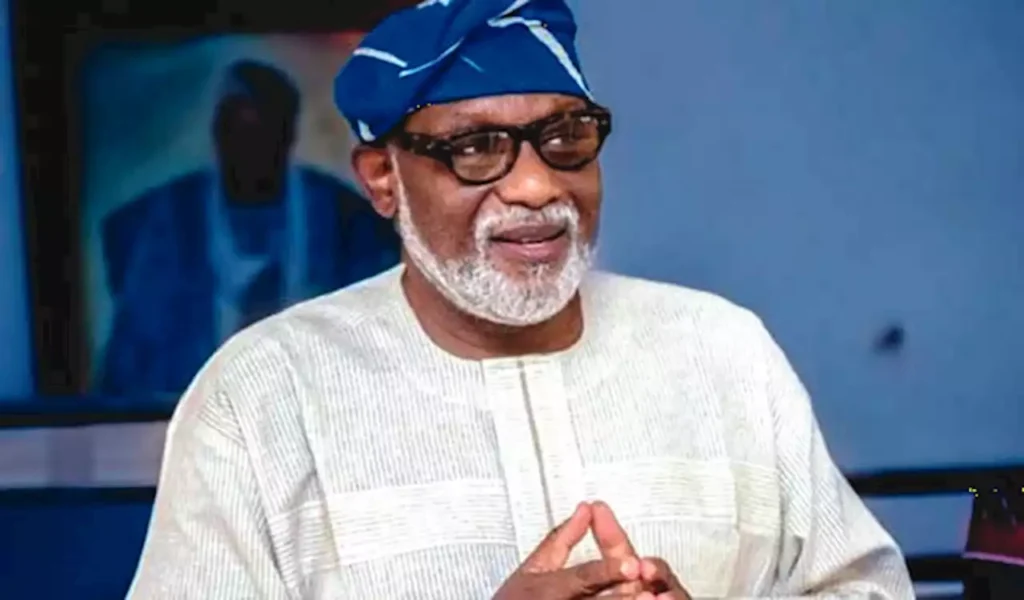
Modern-Day Ondo State
The current governor of Ondo State is Akeredolu Oluwarotimi Odunayo of the All Progressives Congress, who was sworn into office on February 24, 2017, while his deputy is Lucky Aiyedatiwa.
Ondo State has 18 local government areas which include Akoko North-East (headquarters in Ikare), Akoko North-West (headquarters in Okeagbe), Akoko South-East (headquarters in Isua), Akoko South-West (headquarters in Oka), Akure North (headquarters in Iju / Itaogbolu), Akure South (headquarters in Akure), Ese Odo (headquarters in Igbekebo), Idanre (headquarters in Owena), and Ifedore (headquarters in Igbara Oke), among others.
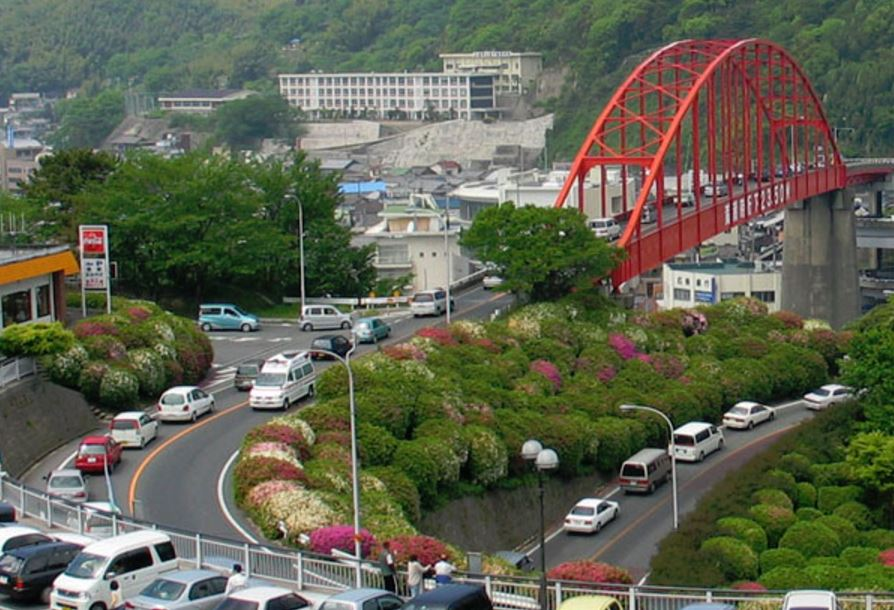
The modern-day Ondo State has some tertiary institutions such as Adekunle Ajasin University, Akungba Akoko, Achievers University, Owo, Adeyemi College of Education, Elizade University, Ilara-Mokin, Federal College of Agriculture, Akure, National Open University of Nigeria, Akure, Ondo State University of Science and Technology, Okitipupa, and Rufus Giwa Polytechnic, Owo, etc.
Furthermore, there are some notable individuals in the society who is from Ondo State. Some of these personalities include Mo Abudu (Media Mogul), Gani Adams (Activist), King Sunny Adé (Musician), Rotimi Akeredolu (Politician), Yemi Alade (Musician), Reekado Banks (Singer and Songwriter), Chinko Ekun (singer, rapper), Omotola Jalade Ekeinde (actress, singer), Gani Fawehinmi (author, and lawyer), T. B. Joshua (pastor, philanthropist), Ayo Makun (comedian, entertainer), Sola Sobowale (actress, director), and Waje (Musical Artist), among others.



